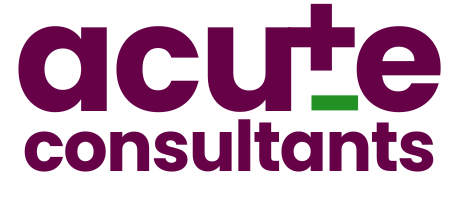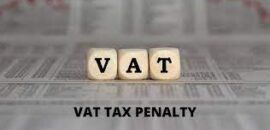Corporate Tax Rules for Free Zone in United Arab Emirates
The most awaited Decisions on the Corporate Tax Rules for Free Zones have recently been released.
Cabinet Decision No 55 of 2023 was issued on 30 May 2023 on Determining Qualifying Income for the Qualifying Free Zone Person for the Purposes of Federal Decree-Law No. 47 of 2022 on the Taxation of Corporations and Businesses (hereinafter referred to as the “CT Law”).
The Ministerial Decision No. 139 of 2023 was also issued on June 01, 2023, regarding Qualifying Activities and Excluded Activities for the Purposes of the CT Law. This Decision should be read in conjunction with Cabinet Decision No 55 of 2023 to obtain a full understanding of the proposed rules.
Both decisions are effective the day following their publications.
A Quick Key Take Away for the Decision
The UAE CT Law states that a Qualifying Free Zone Person (“QFZP”) will be taxed at the following rates:
0% (zero percent) on Qualifying Income.
9% (nine percent) on Taxable Income that is not Qualifying Income.
One of the most awaited topics was the definition of “Qualifying Income” which has now been clarified to include:
● Income derived from transactions with other Free Zone Persons, except for income derived from “Excluded Activities”.
● Income derived from transactions with a Non-Free Zone Person, but only in respect of “Qualifying Activities” that are not Excluded Activities.
● Any other income provided that the QFZP satisfies the de minimis requirements.
Excluded Activities include the following:
● Transactions with natural persons (subject to certain exceptions under Qualifying Activities related to shipping and aircrafts plus fund, wealth and investment management);
● Regulated banking, finance, leasing and insurance activities
● Ownership or exploitation of intellectual property assets, and
● Ownership or exploitation of immovable property, except for transactions with Free Zone Persons in relation to commercial property located in a Free Zone.
Qualifying Activities include the following:
● Manufacturing and processing of goods or materials;
● Holding of shares and other securities;
● Ownership and operation of ships;
● Regulated reinsurance and fund /wealth management;
● Headquarter and financing services to related parties;
● Financing and leasing of aircraft, logistics and
● The distribution of goods in or from a designated zone subject to certain conditions.
Generally, the listed excluded and qualifying activities shall have the meaning provided under the respective laws regulating these activities, unless otherwise prescribed.
How De Minimis Requirement shall be Satisfied?
De Minimis Requirements:
The de minimis requirements will be satisfied where non-qualifying Revenue does not exceed 5% of total revenue or AED5,000,000, whichever is lower.
Non-qualifying Revenue is revenue drive from Excluded Activities or activities that are not Qualifying Activities where the other party is a non-Free Zone Person.
Certain revenue shall not be included in the calculation of non-qualifying Revenue and total Revenue. This includes revenue attributable to certain immovable property located in a Free Zone (non-commercial property, and commercial property where transactions are with Non-Free Zone Persons). It also includes revenue attributable to a Domestic Permanent Establishment or a Foreign Permanent Establishment.
Importantly, the de minimis provisions also state that where a Free Zone Person fails to meet any of the qualifying conditions set out in UAE CT Law and in these Decisions, they will be treated as a Taxable Person subject to 9% CT rate for a minimum of five years.
Here we got to know the concept of Domestic Permanent Establishment.
Domestic PE is where a Qualifying Free Zone Person has a place of business or other form of presence outside the Free Zone in the State. e.g mainland branch of Qualifying Free Zone Person.
Income attributable to a Domestic PE should be calculated as if the establishment was a separate and independent person and shall be subject to CT at 9%. However, it will not disqualify the Free Zone Person from benefitting from a 0% CT rate on Qualifying Income, or be factored into the de minimis test (as above).
For the purposes of determining whether a Qualifying Free Zone Person has a Domestic PE, the normal PE rules of Article 14 of the CT Law shall apply. A mainland branch of a Qualifying Free Zone Person will therefore generally constitute a Domestic PE and be subject to CT at 9%.
What Should A Qualified Free Person do to maintain Adequate Substance in Free Zone.
To maintain adequate substance, a Qualifying Free Zone Person should:
i; Undertake its core income-generating activities in a Free Zone.
ii; Maintain adequate assets, adequate number of qualified employees, and incur an adequate amount of operating expenditures with regards to the level of activities in the Free Zone.



